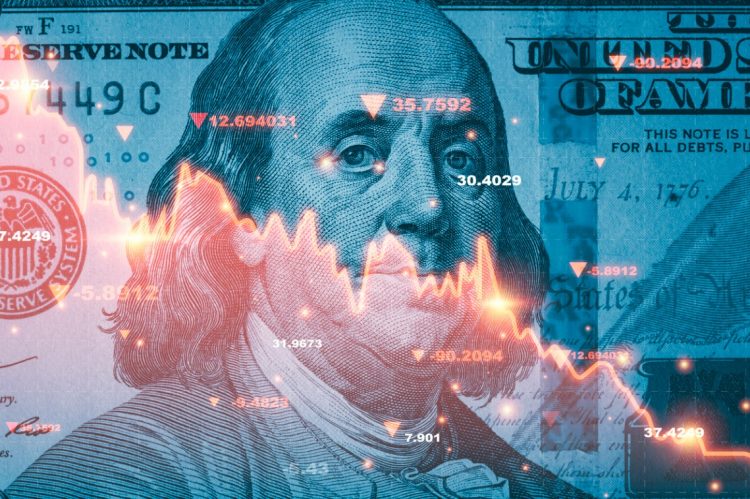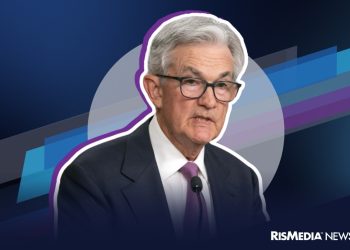The Leading Economic Index (LEI) fell 0.7% in August to 104.6, marking a year and a half of consistent declines, according to the latest release from The Conference Board.
August’s LEI is down 3.4% over the six-month period between March and September 2023—improved from 4.6% down over the previous six months (September 2022 to March 2023).
“The LEI for the U.S. fell again in September, marking a year and a half of consecutive monthly declines since April 2022,” said Justyna Zabinska-La Monica, senior manager, Business Cycle Indicators, at The Conference Board. “In September, negative or flat contributions from nine of the index’s 10 components more than offset fewer initial claims for unemployment insurance. Although the six-month growth rate in the LEI is somewhat less negative, and the recession signal did not sound, it still signals risk of economic weakness ahead.”
On the other hand, the Coincident Economic Index increased 0.3% to 110.9, following an increase of 0.1% in August. The index is now up 1.1% over the current six-month period—much improved from its 0.4% growth over the previous six months.
The Coincident Economic Index’s indicators—payroll employment, personal income less transfer payments, manufacturing trade and sales, and industrial production—are included among the data to determine a recession.
The Lagging Economic Index remained unchanged from last month’s reading of 118.5, following a 0.2% increase in August. The index is up slightly—0.1%—over the current six-month period, well down from its 1.2% growth over the previous six months.
“So far, the U.S. economy has shown considerable resilience despite pressures from rising interest rates and high inflation,” continued Zabinska-La Monica. “Nonetheless, The Conference Board forecasts that this trend will not be sustained for much longer, and a shallow recession is likely in the first half of 2024.”
For the full report, click here.












